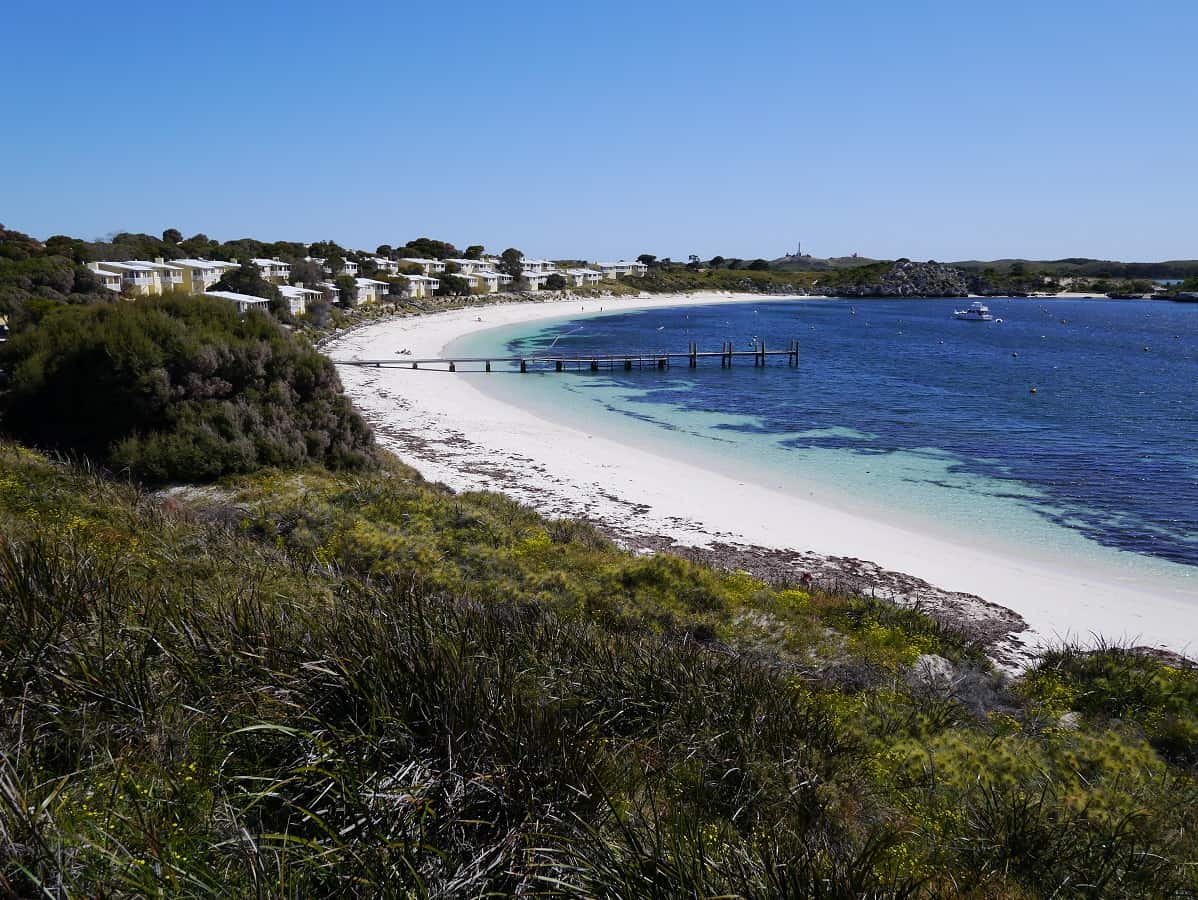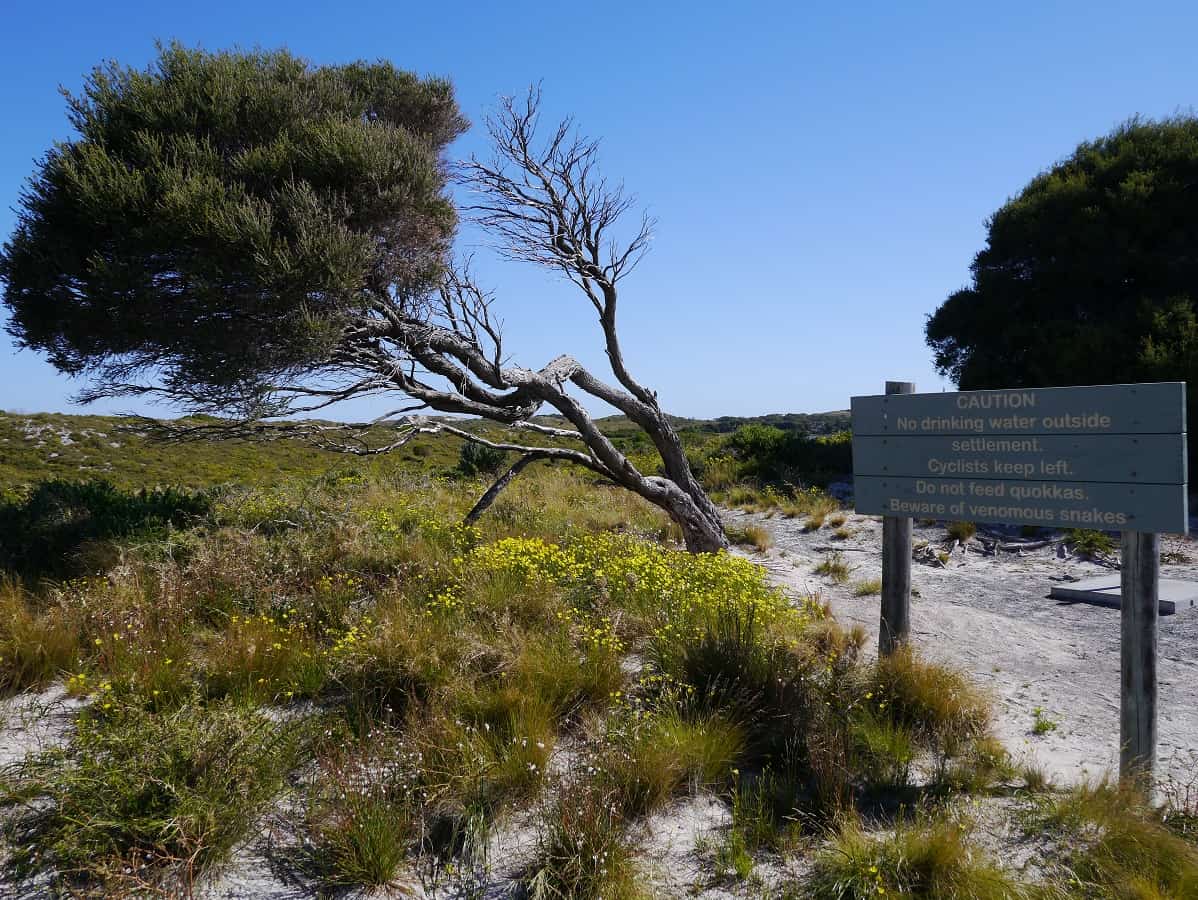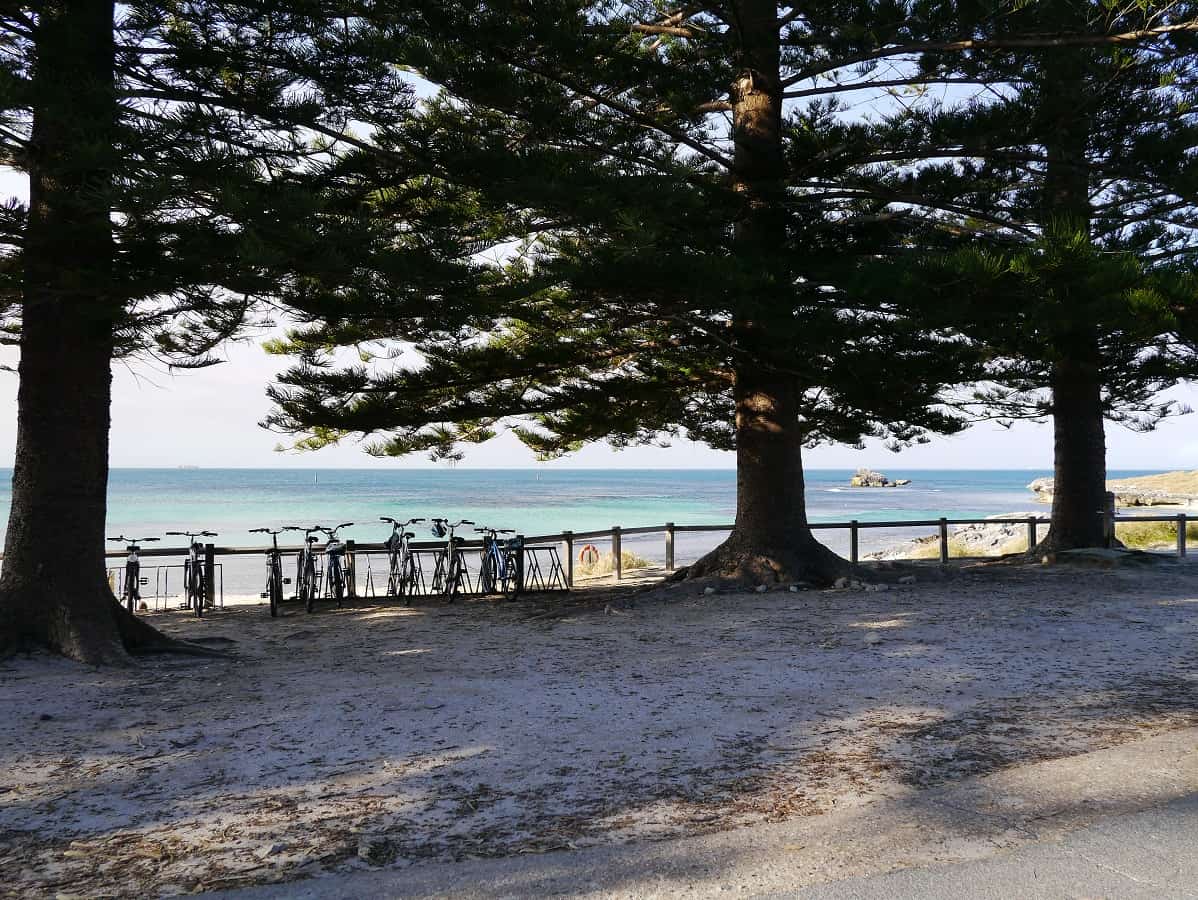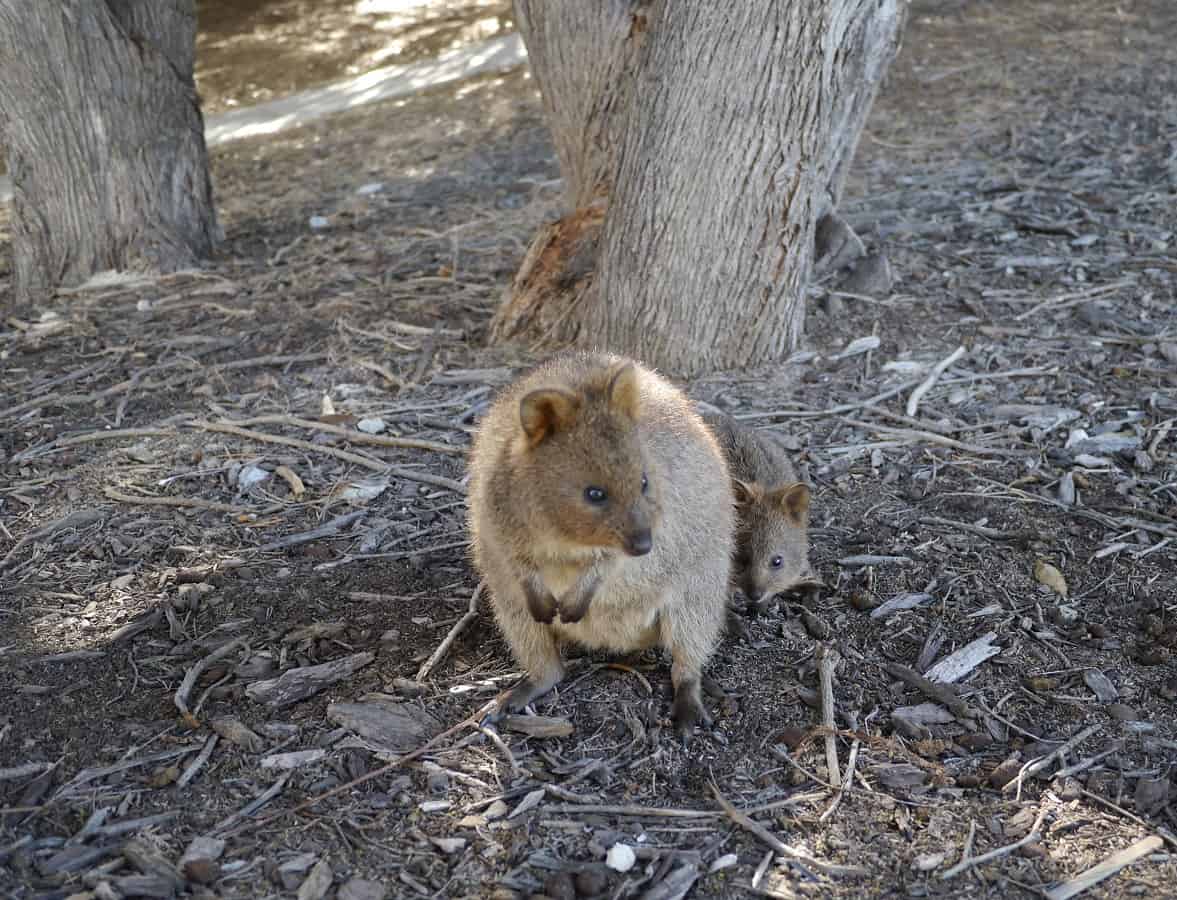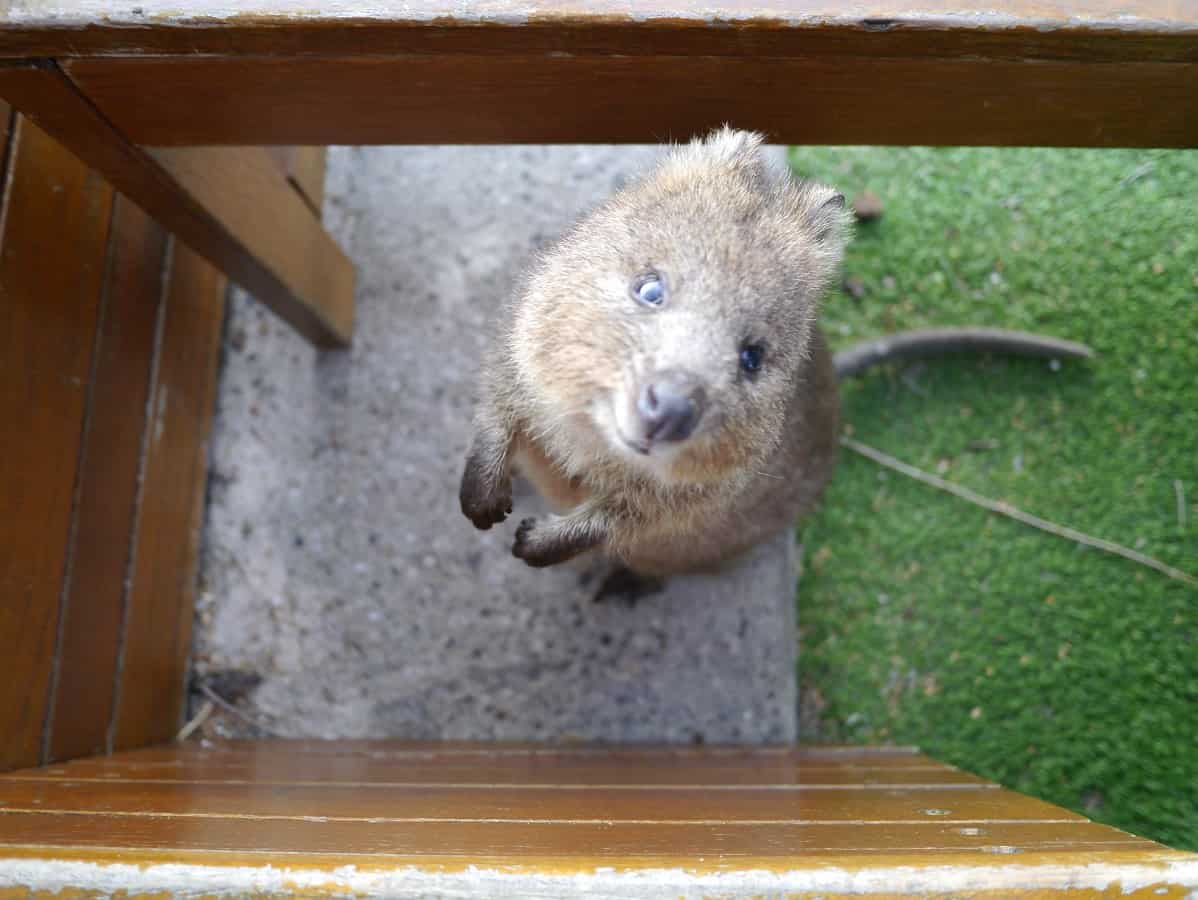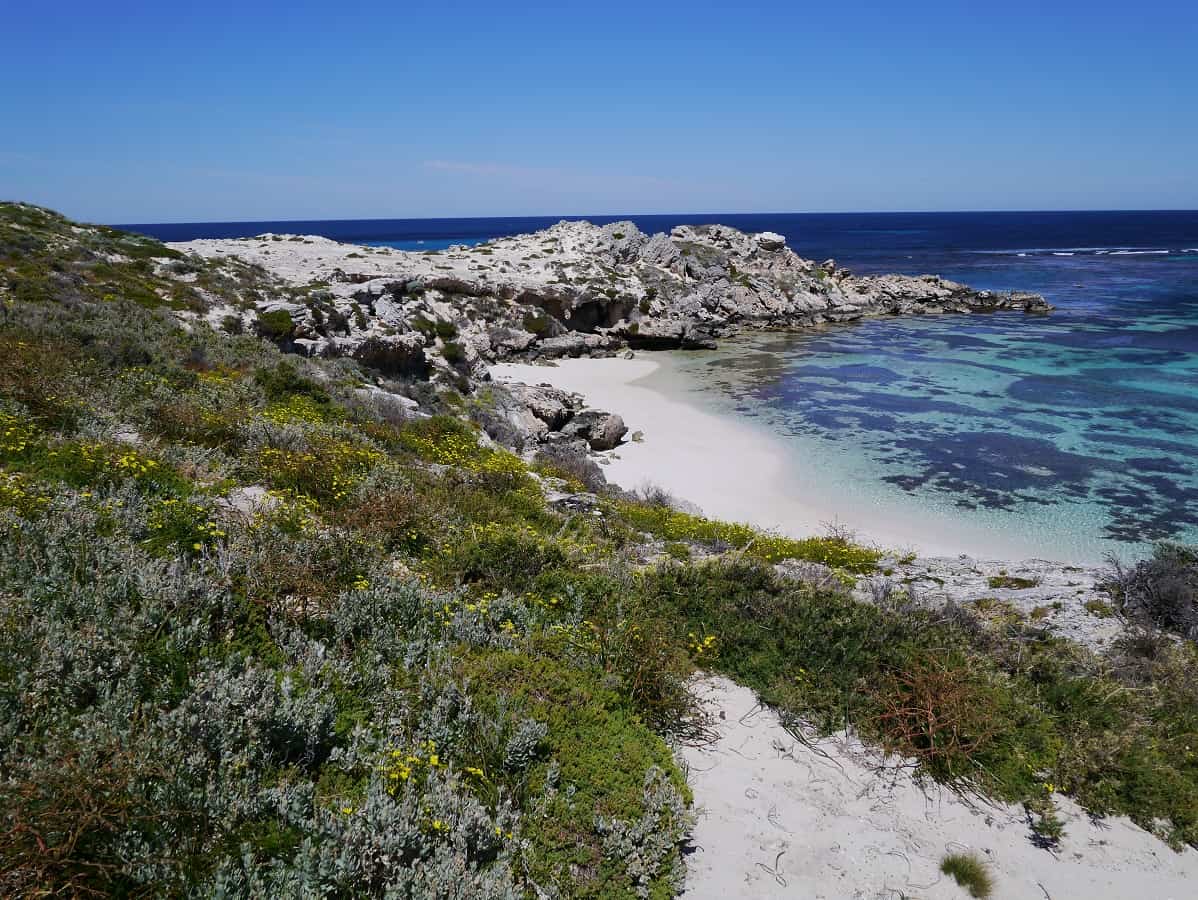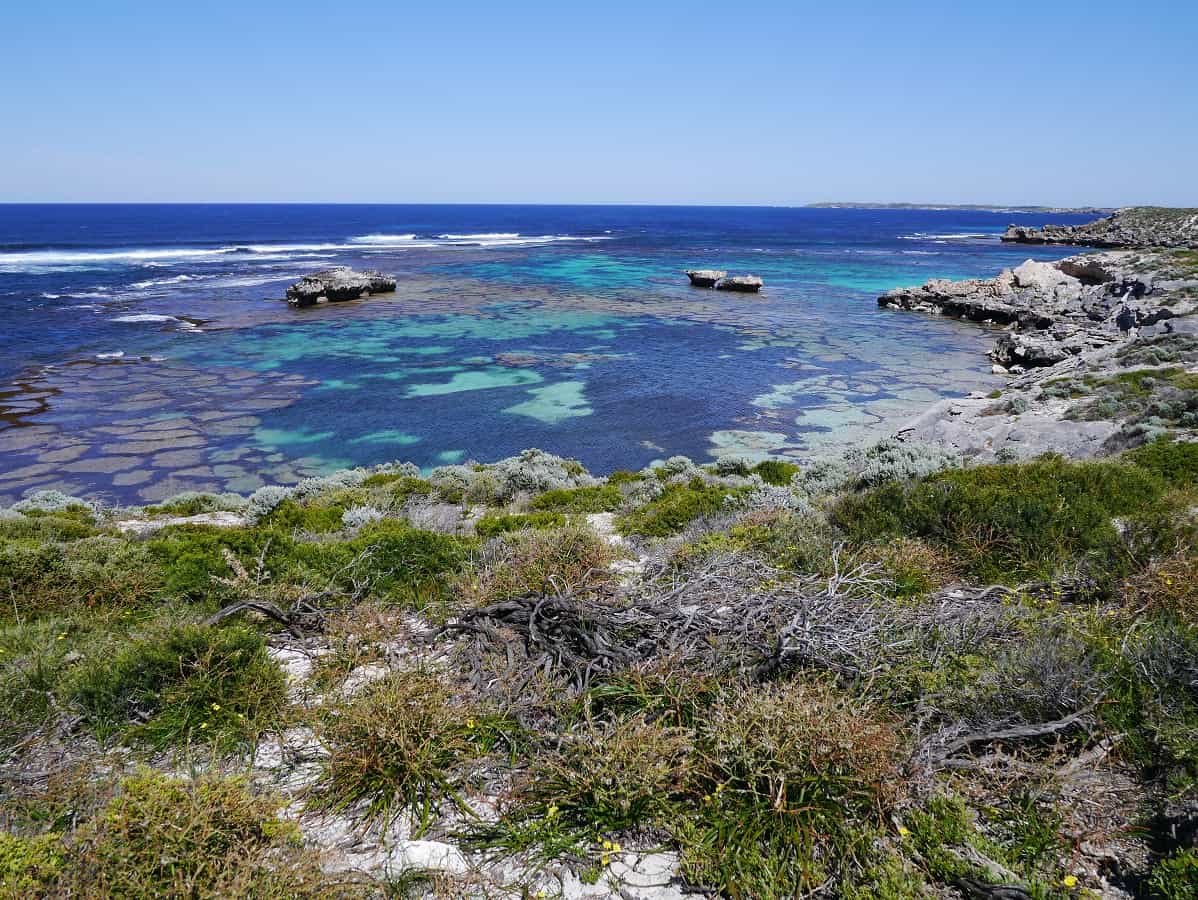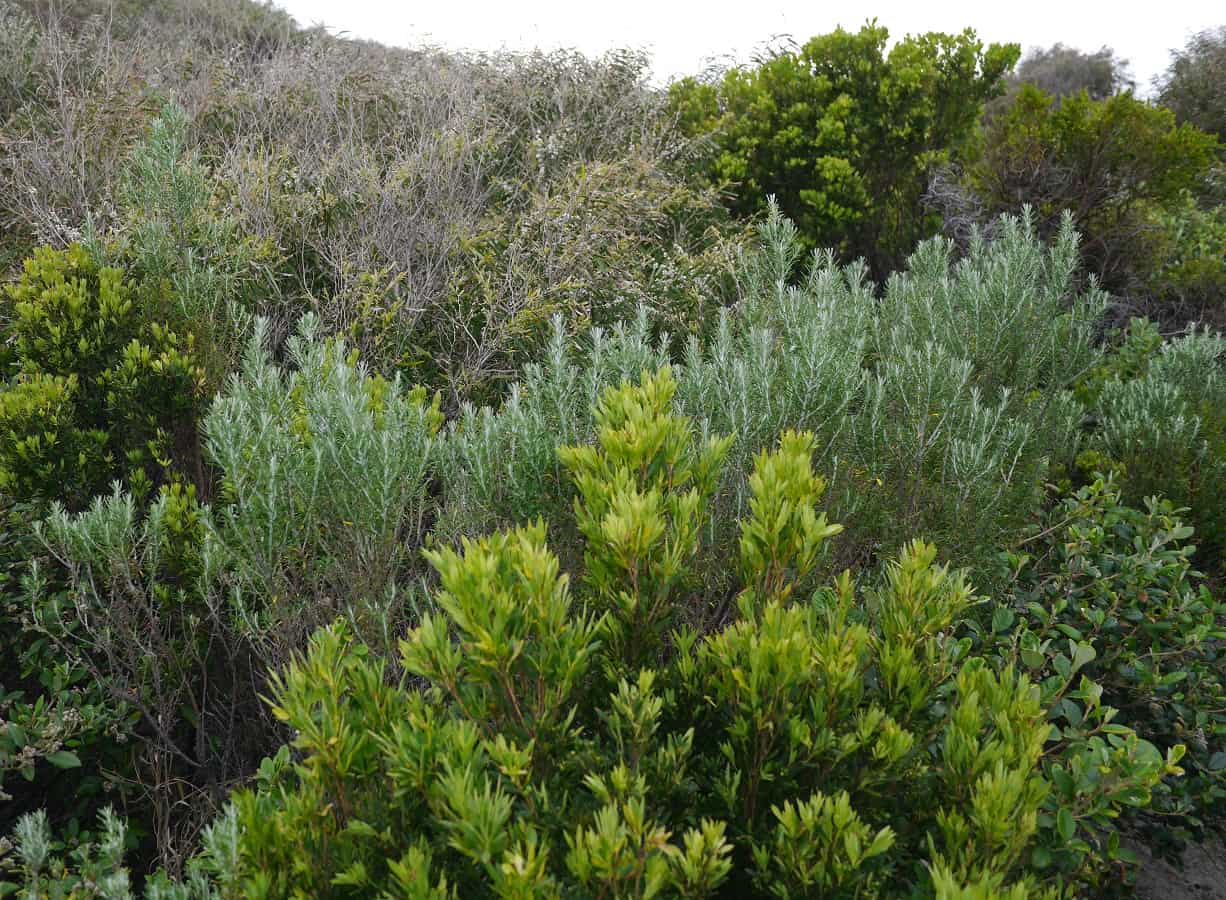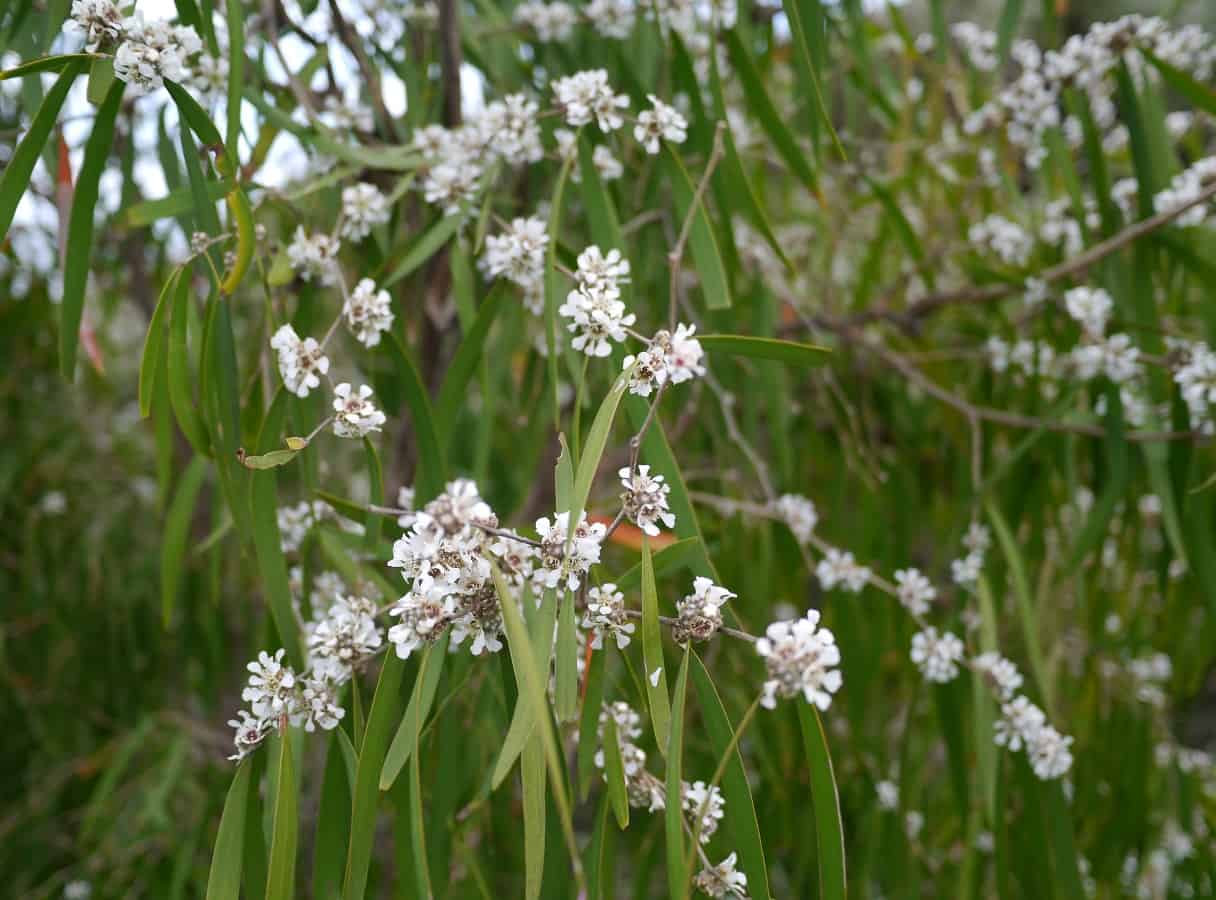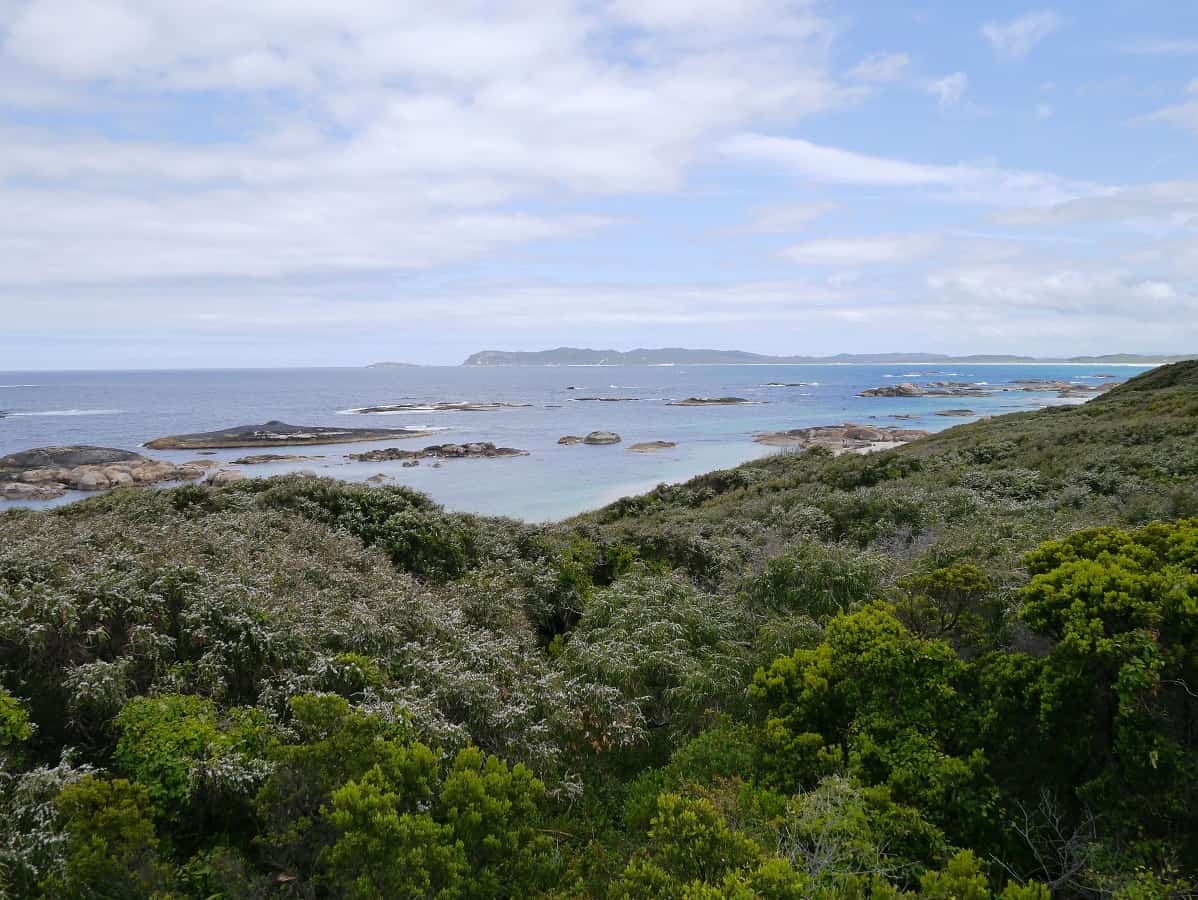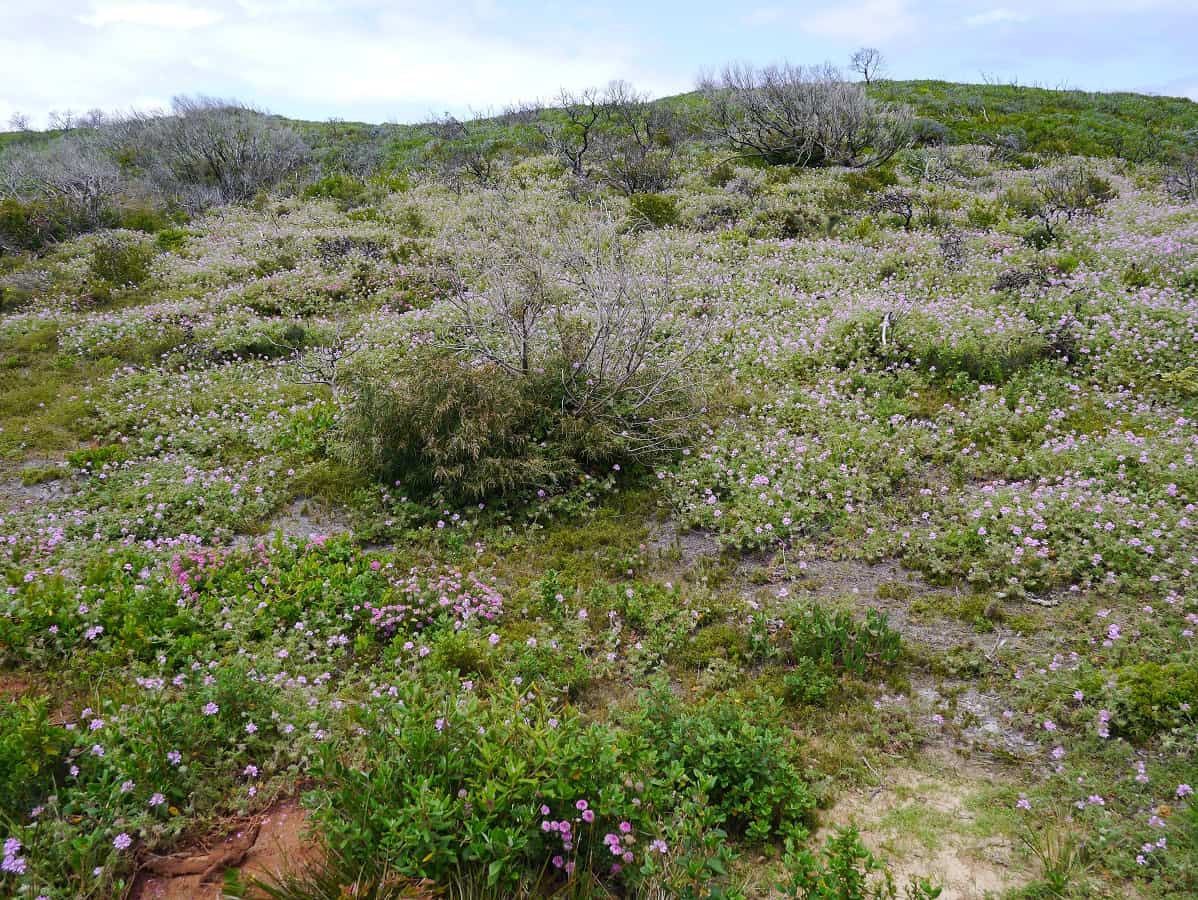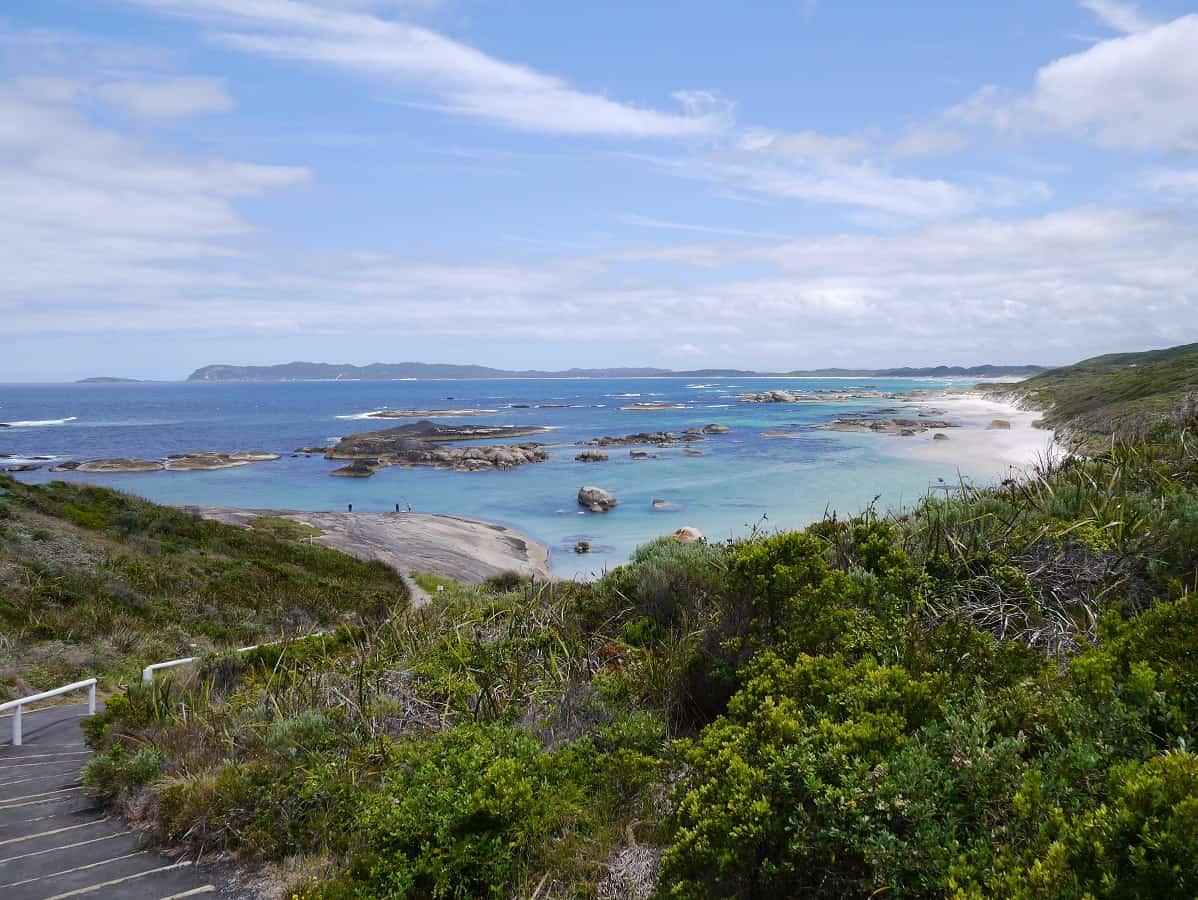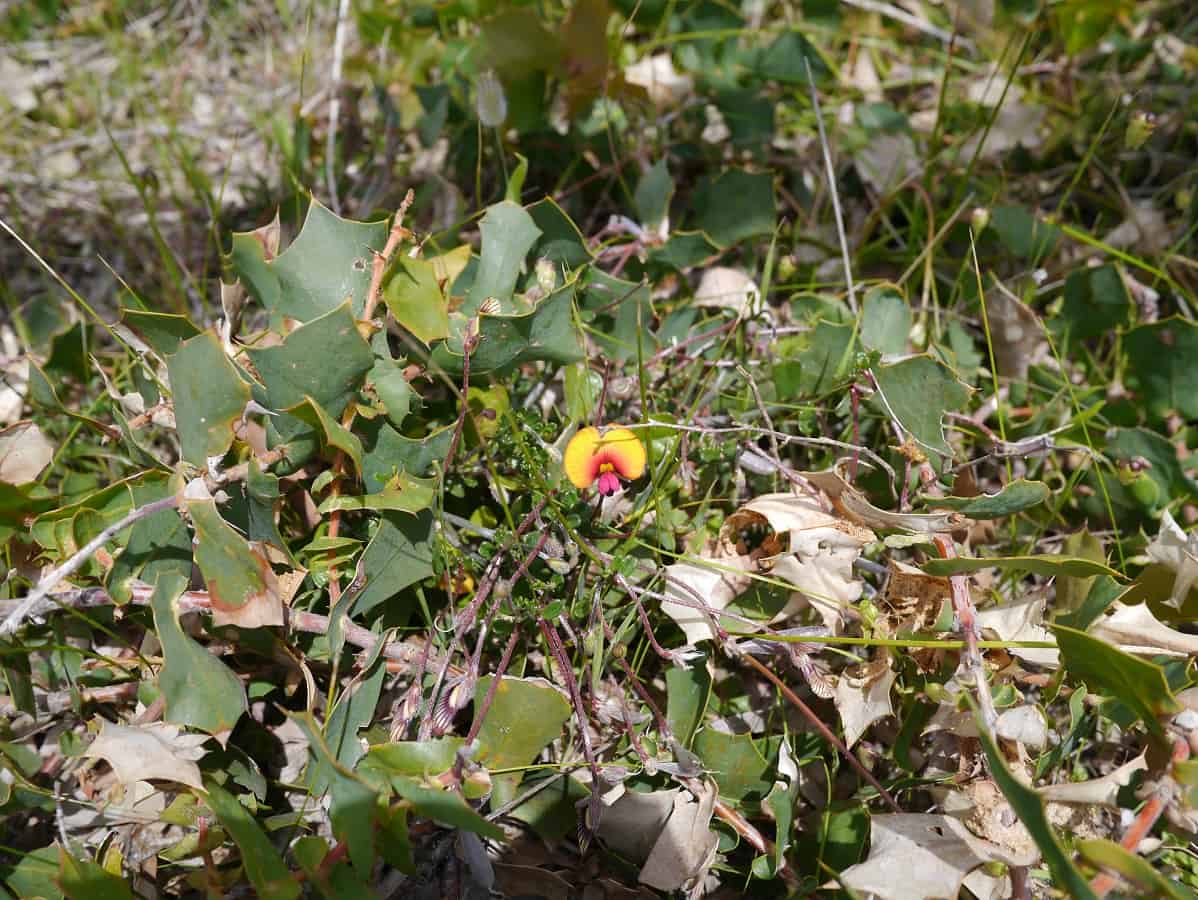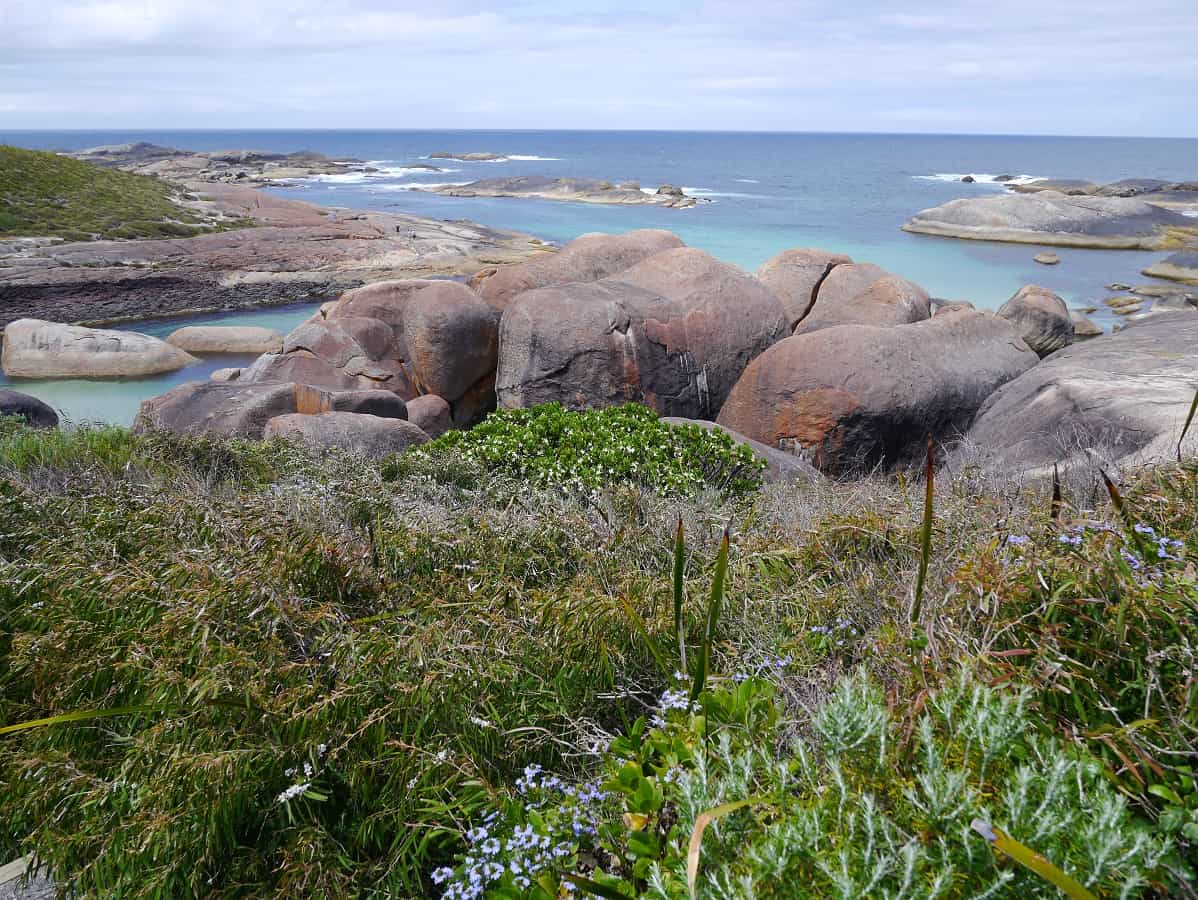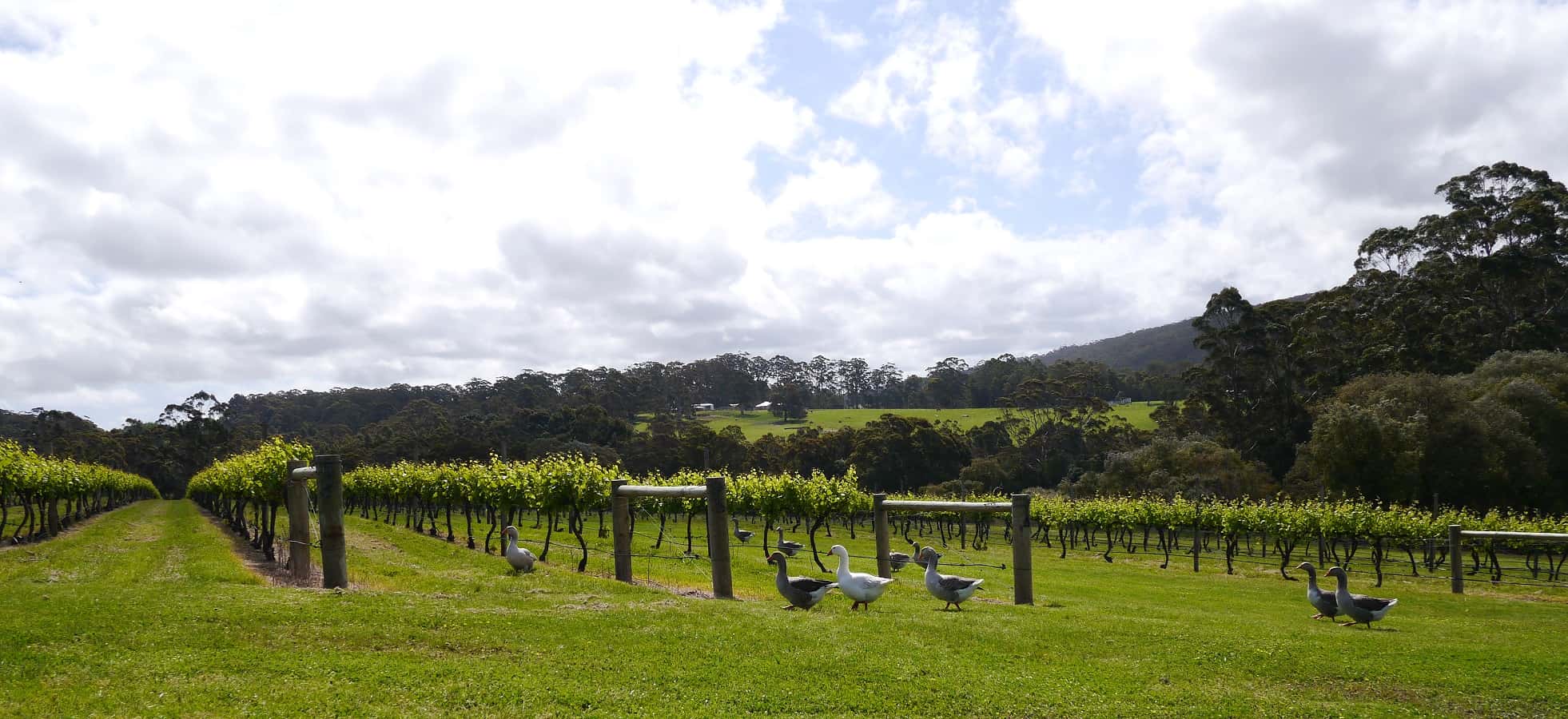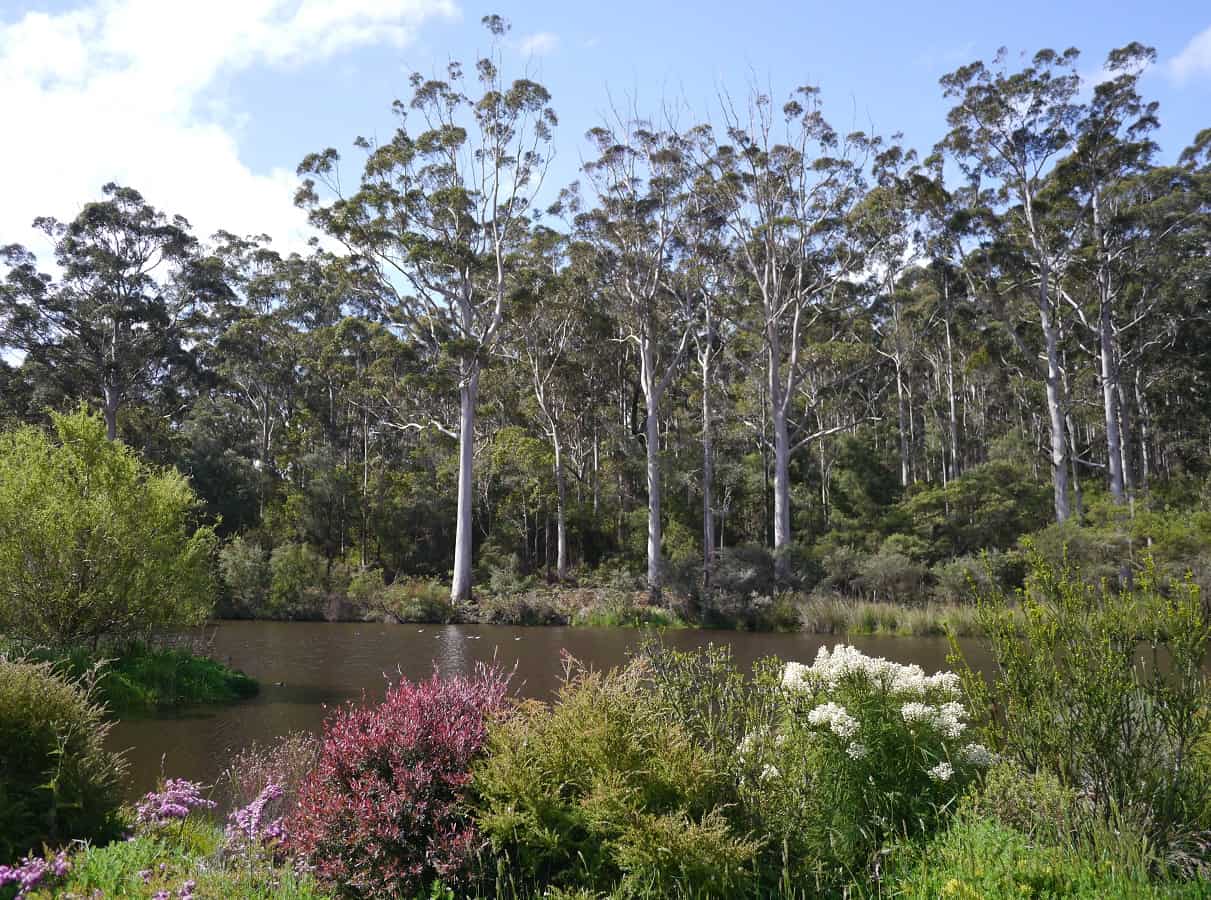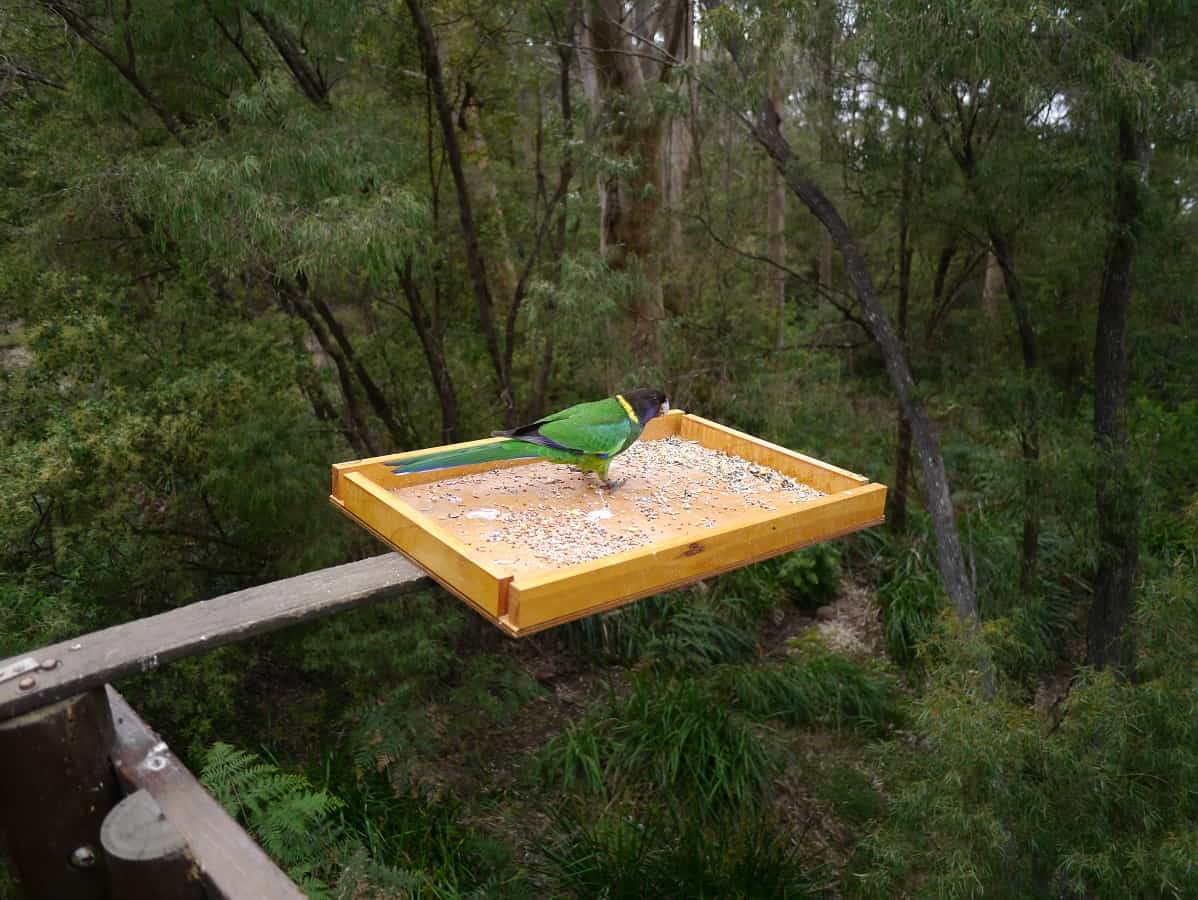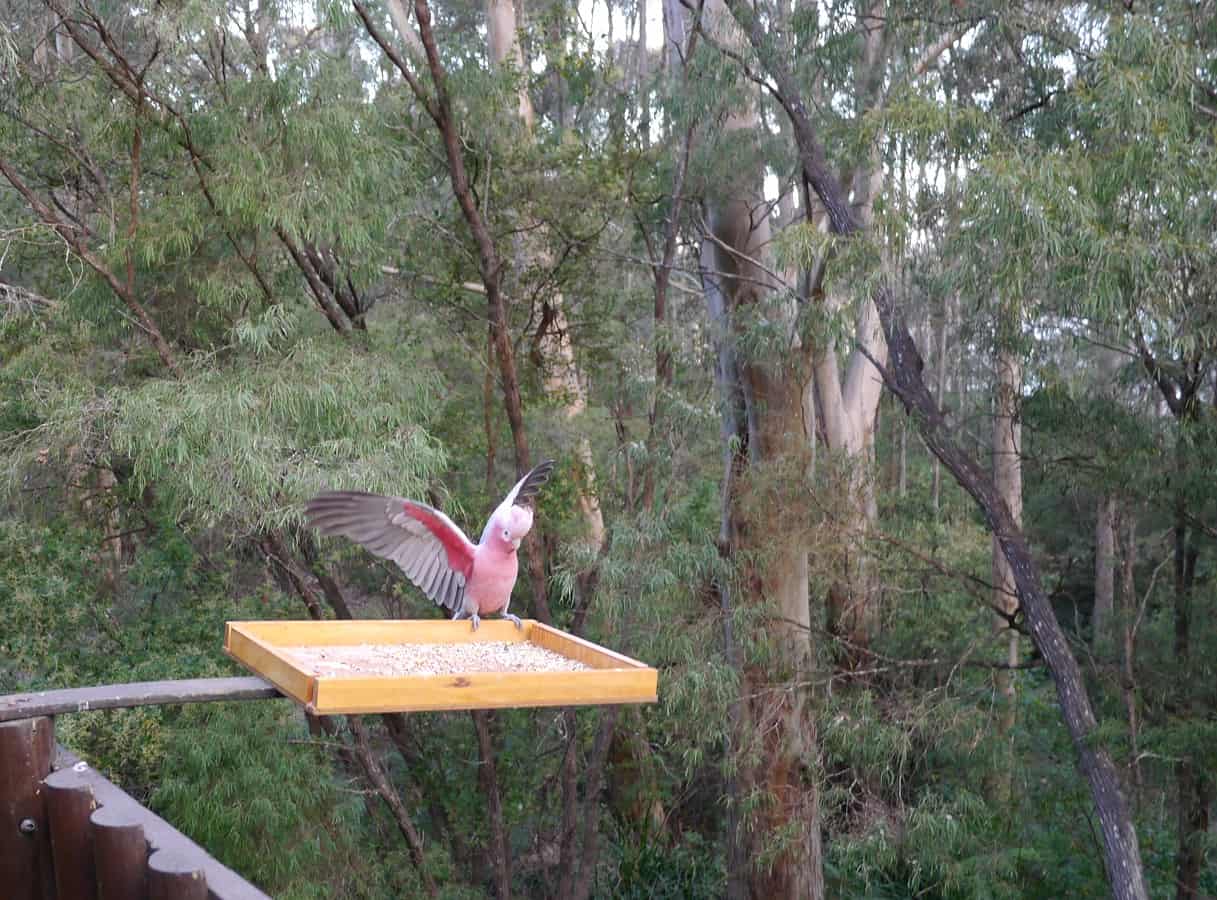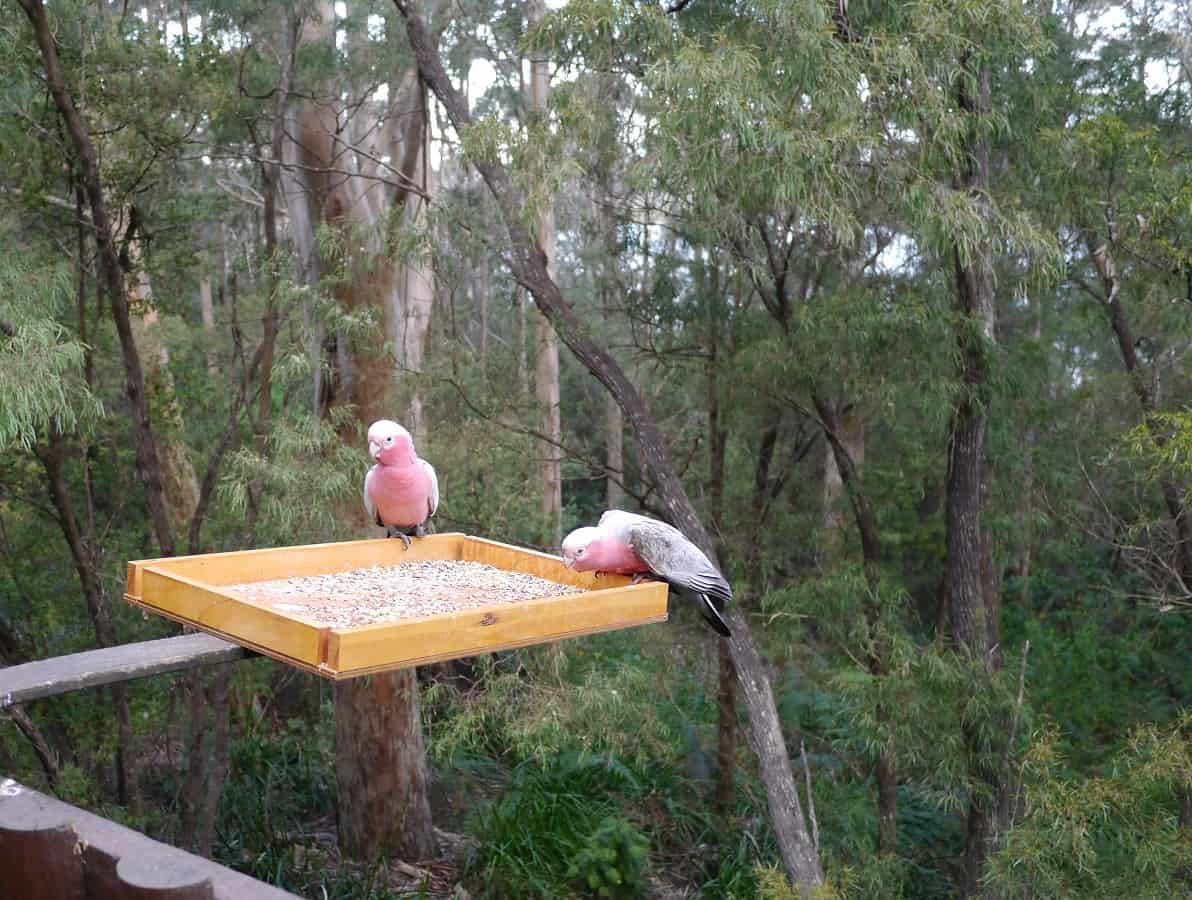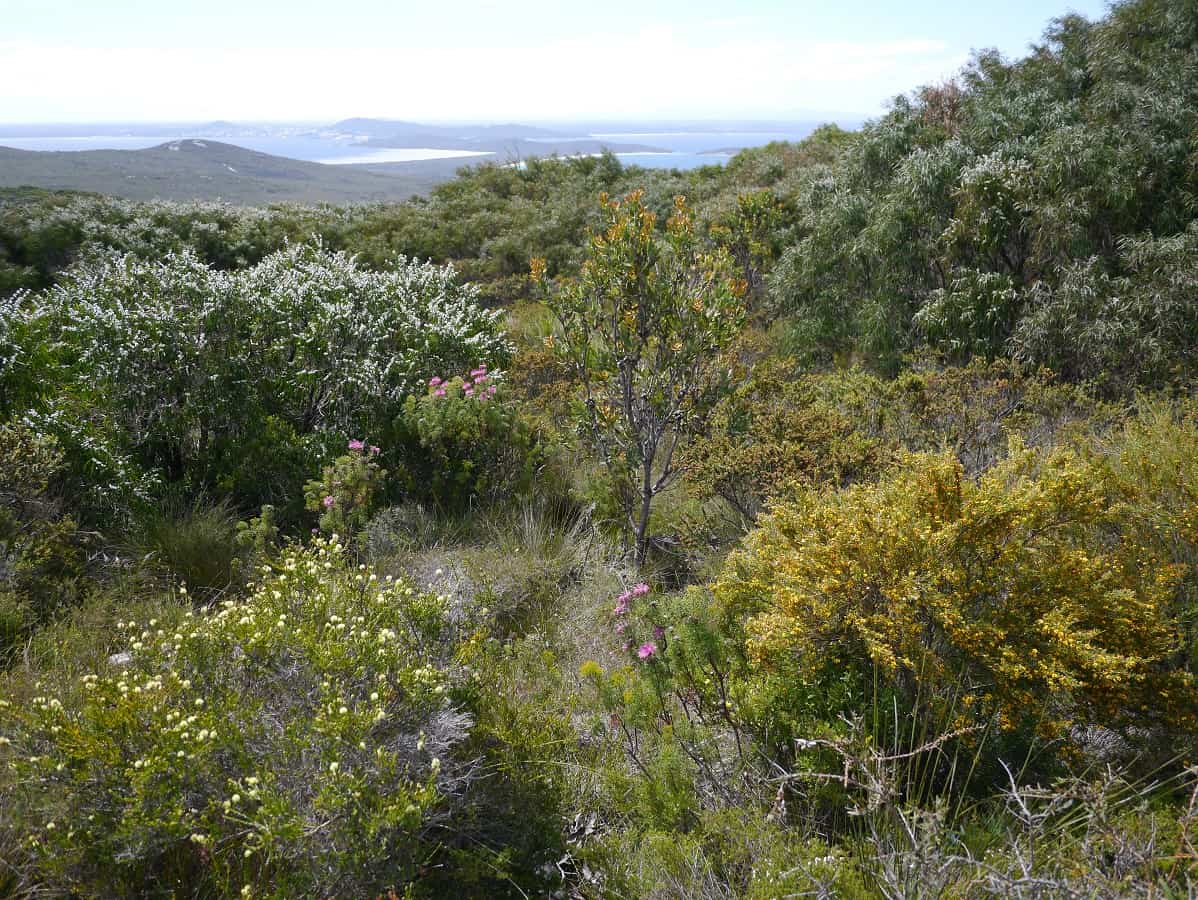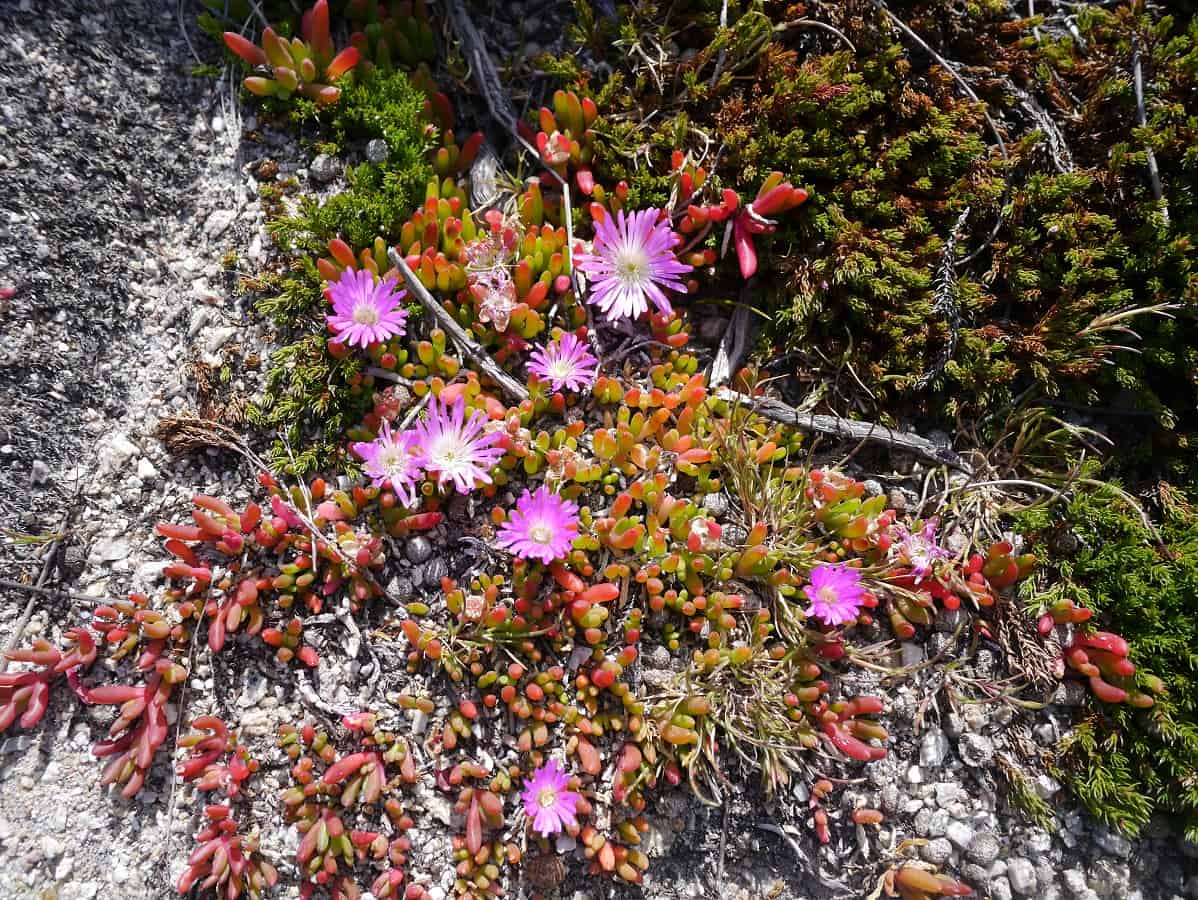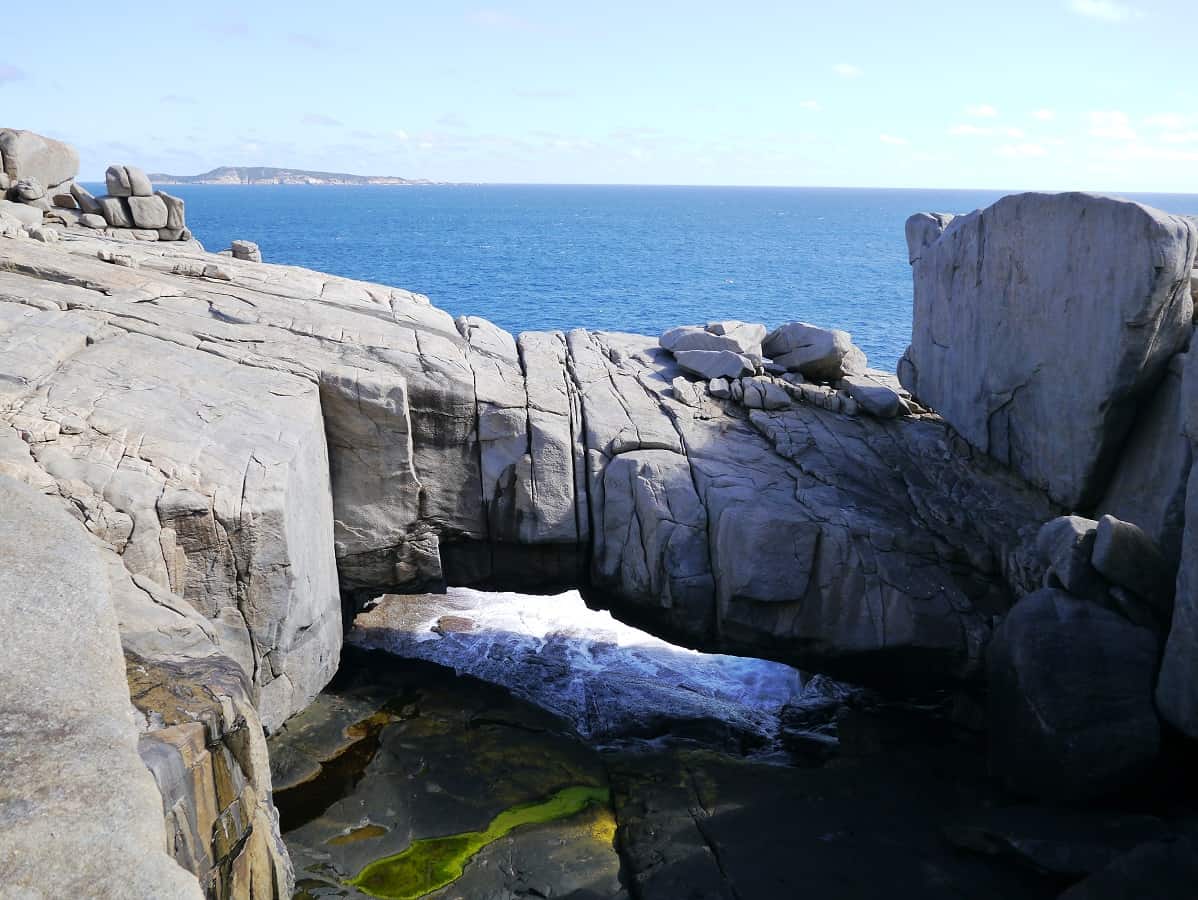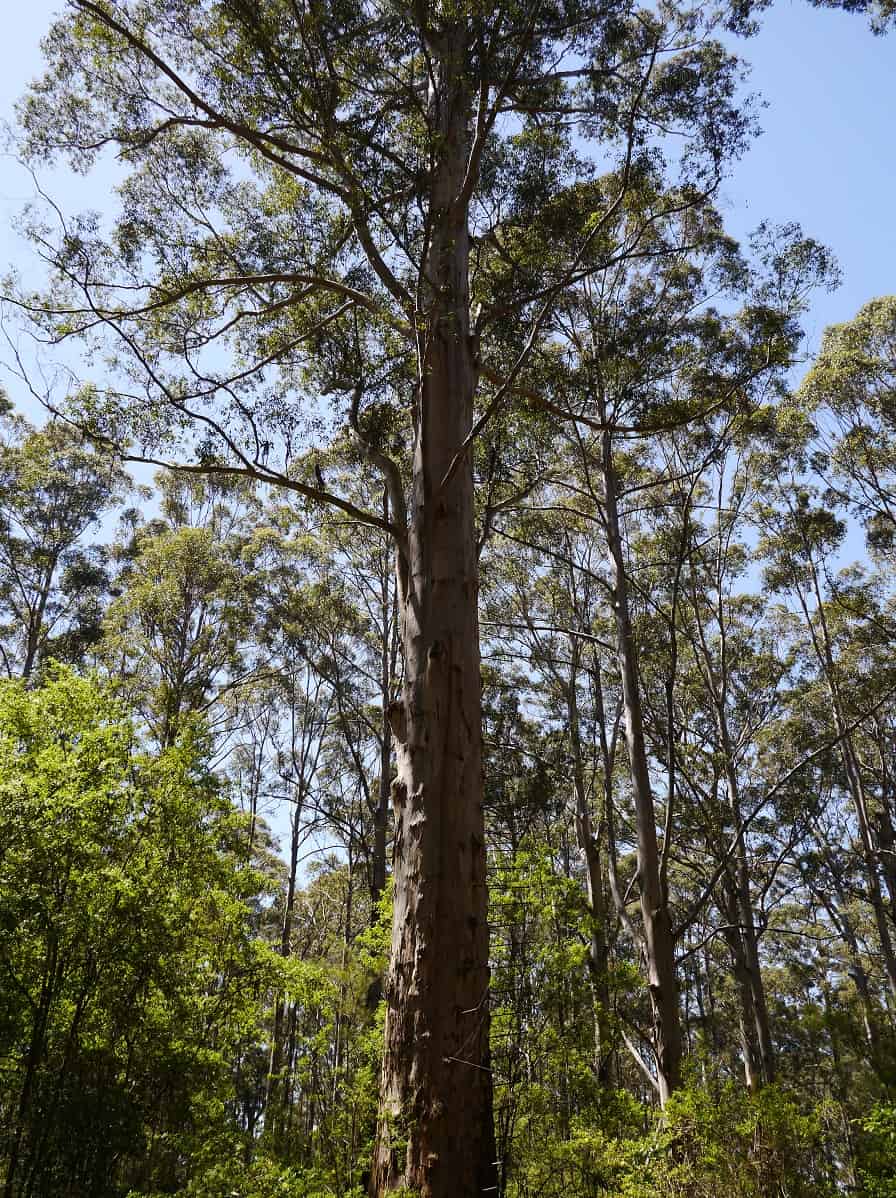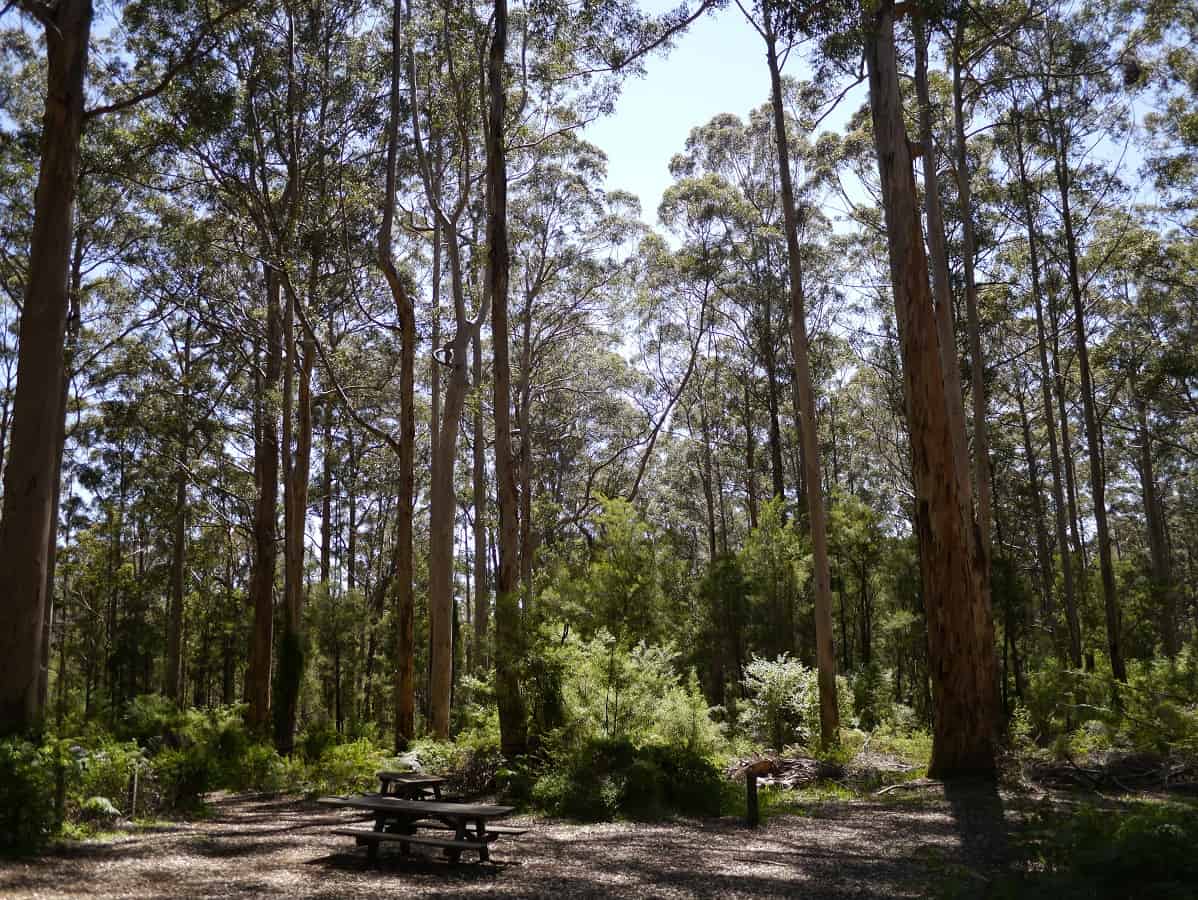Twenty-four trees
So we’re off to Thailand in just over a week for a long-overdue rest and holiday. We’re flying there. You don’t need to tell me that flying is not a very sustainable form of transport. When I lived in England I was very disapproving of flying. Then I met my partner, an Australian, and moved out here, and it changed my perspective a little.
The first thing I had to reconsider was that wherever in the world we lived, one half of our family would be the other side of the world. Neither of us are prepared to never see our families again in order to try to combat climate change. Have you heard of food miles? Well there’s another concept, called “love miles”, which is the distance that we need to travel in order to see our friends and family and loved ones.
Before flying existed, or until it became affordable for the masses, most people would marry and remain within their communities and wouldn’t need to travel very far. I’m sure in the future, indeed I hope in the future, that flying will become so unaffordable or undesirable that this becomes the case once again, as people re-embrace their local communities. In the meantime, it is very cheap and easy to fly anywhere in the world and for most people, our love miles are pretty high.
The other thing I discovered when I moved here is that Australia is very far away from everything (and everyone) else. Even the other side of the same country is a few hours by flying, or a few days by driving. Having lived all my life in Europe, I have been spoiled. I could travel by boat or by train, or even drive, and reach numerous different countries in a matter of hours. I didn’t need to fly to see ancient ruins, buzzing modern cities, and beautiful rural landscapes, or to visit snow-capped mountains or golden beaches. I love experiencing different cultures; it makes me feel more connected to the world and travelling inspires me. In Europe it’s at your fingertips; here in Australia, it is not.
So I’ve come to accept that, living in Australia, I will probably need flying in my life, at least in the short-term.
What does this mean for the environment?
I was wondering, how much carbon will I be generating by flying to Thailand? And what can I do about it? I plugged all the info into a carbon calculator. My flight will generate 1 tonne of C02. Each way. And I’m going with my partner. So we’re generating 4 tonnes of C02, according to the calculator.
The website suggests that to offset this amount of carbon, I can pay $90, which will plant 24 trees.
I’m not really a fan of carbon offsetting. I feel like it’s a capitalist response to an environmental problem – paying money to alleviate guilt, or buying your way out of a situation. I feel like it benefits the wealthy, who can afford to pay to offset their travel more than others. I’m not completely convinced that it is the best way to help the environment. It seems so…detached. I have heard stories and worked at places that are involved with tree planting and investigated carbon trading, and my experience is that these organisations are committed to plant trees irrespective of whether they get funding by these schemes, although of course the money helps. But does it actually mean more trees get planted? Or does it mean that organisations can free up other funds to spend elsewhere? These carbon trading schemes are often run as businesses, too – so not all the money is going straight to tree-planting. I don’t like that aspect, either.
I may feel like these schemes are a little flawed, but that’s not to say that they aren’t still worthwhile. For people who are cash-rich, or time-poor, they offer a solution. And they’re making the concept of offsetting your flights easy and available to the general public. But I’m not going to be paying $90. I am, however, thinking about these 24 trees. I want to do something which I feel more accountable to. Ideally I’d like to plant my own trees. I’m wondering if there’s a local tree-planting scheme that I can get involved with (either when I’m in Thailand or back home). If that’s not possible, I hope to find a not-for-profit group to donate to where the money will go directly to local tree planting – trees that I can see.
Of course, not flying is still the best option, and I don’t intend to to be flying regularly. We don’t intend to go back to the UK every year, for example. I’ve also made a commitment not to use budget airlines, because I think that they are even more unsustainable than the bigger airlines. I don’t think flying should be cheap, and if governments didn’t allow airlines to avoid paying tax and fuel duty, it wouldn’t be. But as I now realise that I will be taking more flights over the coming years than I have in the past, I need to come up with some way of mitigating my cost to the environment in the best way that I can.
Starting with twenty-four trees.





